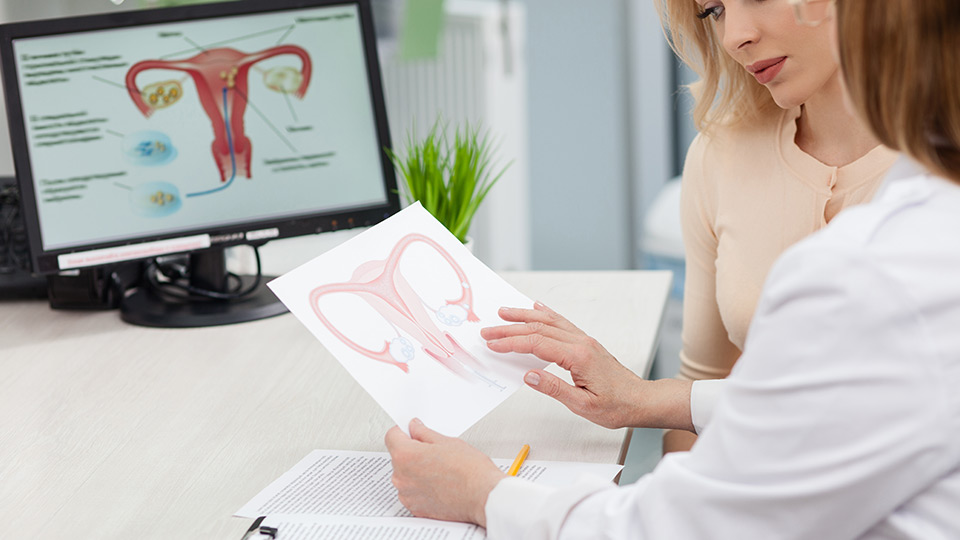
When it comes to a woman’s fertility, there are a number of factors that need to be considered, but overall, the journey to conceive can be enlightening.
You may learn a lot more about yourself and your body during the process, which can vary from person to person but shouldn’t discourage you from your journey.
There are likely ways to promote fertility, which can vary based on your menstrual cycle, for example, but your fertility is unique to you.
When looking for more information on your fertility, you might want to get your reproductive system examined by gynaecology clinics in Melbourne as this will likely give you valuable information.
Here are six factors that may affect a woman’s fertility:
1. Diet and exercise
Most couples don’t know that obesity and lack of exercise can have a negative effect on fertility.
If you’re overweight, your chances of getting pregnant are less than a couple with an ideal weight. Hence, a factor that needs to be considered when dealing with fertility, and the possibility of infertility, is one’s weight.
If you’re overweight, you’re likely to have a harder time conceiving than someone who’s of a lighter weight. On the other hand, if you’re drastically underweight, you’ll also have trouble conceiving because your body can’t supply the nutrients the baby needs. Thus, increasing or decreasing your BMI (body mass index) to something that’s deemed healthier would likely increase your chances of conceiving.
Moreover, if you do have weight problems, don’t give up hope because it’s still possible to manage your weight. Exercise is one of the best ways to lose weight and increase your overall health.
2. Smoking and drinking
Smoking has multiple effects on fertility. If you’re planning to conceive, your best bet would be to quit as soon as possible as this will help in the long run.
Drinking alcohol or caffeine can also pose a danger to your fertility, which is why it’s recommended that you don’t drink while trying to conceive. Even if you’re undergoing treatment with progesterone – it’s used to address infertility – smoking and drinking can inhibit the treatment’s effectiveness.
3. Overall age
If you’re older than 35, you need to consider an ovulation test, which can tell when you’ll be ovulating. As you get older, you begin to lose eggs, and this will affect your fertility, which is the basis of trying to conceive.
If you’re concerned about this factor, don’t fret. There are a number of resources available that can help you test your fertility, which can be addressed with a trained medical professional.

4. FSH and menstrual cycle
FSH (follicle-stimulating hormone), which is made by the pituitary gland in the brain, plays a very big part in determining the chances of conception. It’s important because it helps enhance the female reproductive system by stimulating the growth of eggs and helps control the menstrual cycle.
The other factor that affects fertility in women is the time when a woman has her menstrual cycle. In combination, these two will likely play a major role in trying to conceive.
5. Sexual history
When you have unprotected sex with multiple partners, you’re more likely to contract a sexually transmitted disease, which can damage your reproductive system in the long run.
If you practise safe, protected sex, you’re more likely to protect yourself against unwanted diseases, which will benefit your ability to conceive in the long run.
6. Medical conditions
It’s hard to pinpoint the exact reasons for low fertility in women, but it’s known that most of the causes of infertility are not related to the actual cause of the problem. These issues could range from endometriosis, to hormonal imbalance, ovarian cysts, infections, and endometrial adenoma.
The diseases that affect fertility in women tend to impact the entire reproductive system, hindering the ability to conceive. Infertility is not an isolated condition, but it may be a symptom of other serious conditions that a woman may be facing.
Women who are dealing with endometriosis, for instance, should always seek proper medical attention if they want to have children. Endometriosis is a condition wherein endometrial tissue grows on the uterine wall. This condition can result in a woman having problems conceiving because she’ll experience pain while having sexual intercourse or bleeding after intercourse. If you have endometriosis, you must see your gynecologist for diagnosis and treatment.
There are a number of factors to consider when dealing with one’s fertility. If you take the steps to prevent any damage to your fertility, you’ll likely have an easier time conceiving.
Fortunately, there are a number of digital contraceptives and tracking apps that can help with your journey and a number of trained professionals who can guide you along the way. Progesterone plays a crucial role in various conditions that women may experience, including infertility, ovulation issues, and challenges in maintaining a pregnancy. These conditions can be assessed and monitored by a trained professional through a PDG test. This test helps evaluate progesterone levels and provides valuable insights into your reproductive health.
Sponsored
We have a request
SHE DEFINED’s journalism is independent and we’re committed to elevating the voices of women by putting them front-and-centre in our stories and giving them a platform to speak up.
Quality journalism and editorial content takes time, money and resources to create, which is why your support matters. We don’t have a paywall or exclusive subscriptions because we believe in keeping our stories open to everyone.
Help support our mission by making a financial contribution today.






